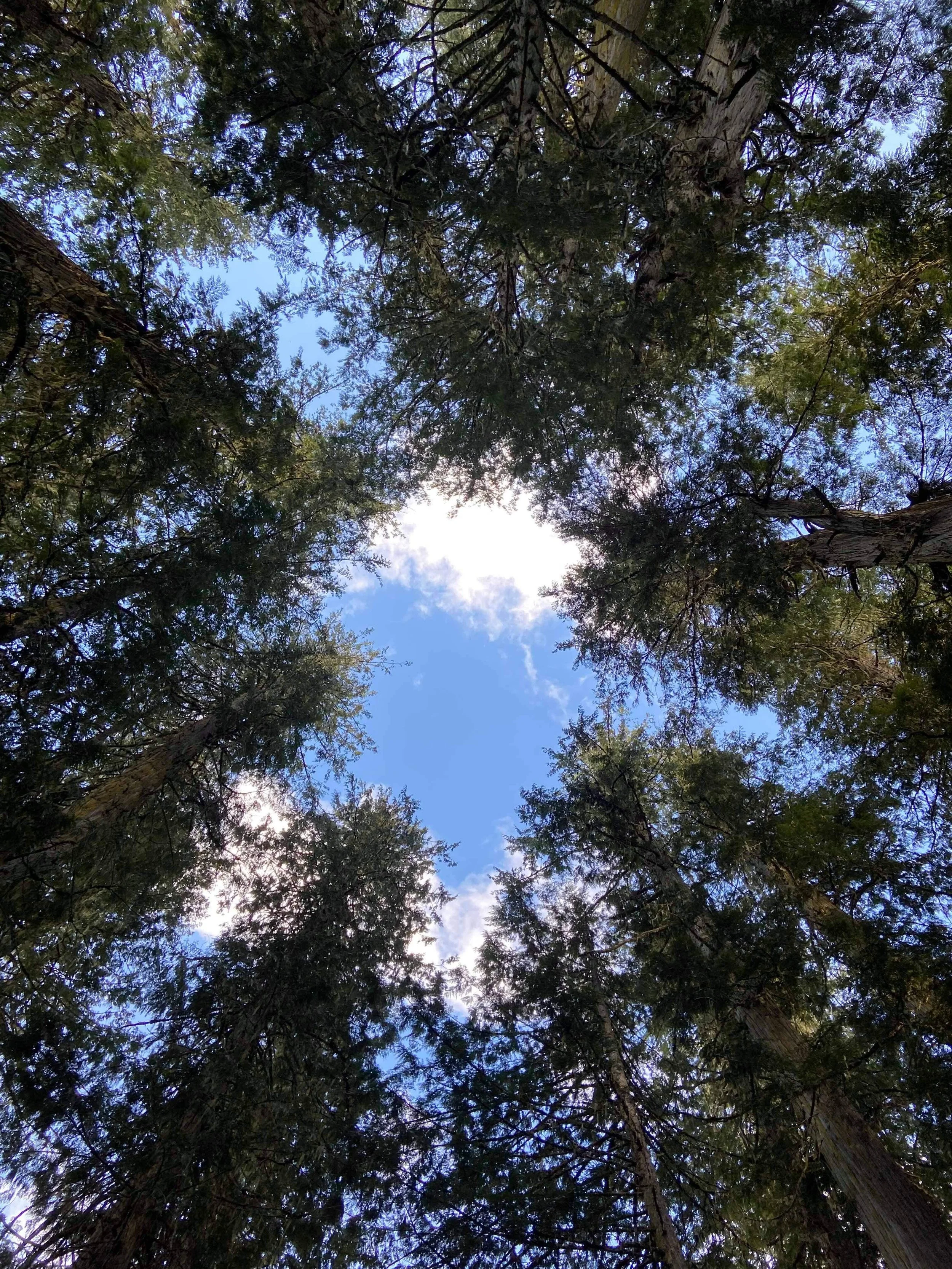What is the Sustainable Choice?
“I saw myself sitting in the crotch of this fig tree, starving to death, just because I couldn't make up my mind which of the figs I would choose. I wanted each and every one of them, but choosing one meant losing all the rest, and, as I sat there, unable to decide, the figs began to wrinkle and go black, and, one by one, they plopped to the ground at my feet.” Sylvia Plath
Privilege = Choice.
An abundance of choice in fact. You cannot make the “good” choice if you cannot afford the most basic option.
When I think about or talk about sustainability or environmental activism I hit a barrier of understanding, not for myself necessarily but how we collectively understand our role within it. I have no issue with seeing myself as part of an ecosystem, that wherever I live I am part of that biosphere. Yet, much of the work environmentalism is seems to differentiate humans from other beings within an ecosystem. Yes, humans have a much larger impact on an environment they live in –astronomically so—but that doesn’t negate our role within. To me its roots are in the colonial belief that a hierarchy exists and that humans are at the top of that, all flora fauna and non-white people exist somewhere below the White Christian Male ideal. Those roots run deep, and to me are why conversations about sustainability get lost in translation.
The idea of succession in nature, and that succession follows disturbance (Robertson, p.33) opens up the conversation about the link of a neighbourhood as an ecosystem. A low-income neighbourhood, occupied by a predominately non-white and non-wealthy individual is always described as having such promise. The fact the neighbourhood isn’t safe, or clean or filled with hipster restaurants is to the city government as a disturbance. All legislation or policies seek to contain or minimize its attributes until they sell it to developers. Then it becomes the role of capitalism to succeed where social development failed.
If you speak to a Black person who lives in a low-income neighbourhood about their relationship to waste, pollution and green alternatives choice isn’t a word that comes up with any level of real empowerment. Initiatives and projects created within their own neighbourhoods are shunned for the capitalistic version, community gardens, recycling programs and resource sharing initiatives get shut down to create a money-making version. Or worse, shut down with no alternatives created, sending the message any effort in that place is wasted.
When I was 14 Ottawa began a process of making recycling and compost a weekly pickup and garbage bi-weekly to ensure “environmentally friendly” alternatives were promoted. As a budding environmentalist, I convinced my mom to get recycling bins, they were sponsored in Ontario, so I excitedly placed them out on the designated day. It did not go well, it was stolen by the next afternoon. I was gutted. But then my mother eventually got our bin back, wrote our house number in sharpy (ensuring no one would knowingly steal from us) and helped me convince the neighbours to also get the bins. By the end of that summer everyone on my street had at least one bin, and was considering the possibility of compost. That was a harder sell so I was bidding my time. Then the city changed their waste management schedule, so all of the city housing neighbourhoods no longer had designated garbage days, but centrally located dumpsters. Which eventually became overrun with trash, which then brought wildlife. My attempt to mitigate the harm in our little ecosystem was disrupted on the micro, neighbouring non-recyclers, and the macro, municipal policy. Choice only exists with privilege, I couldn’t find an alternative choice, and the minimal space that allowed for self-determined action led to external disruption.
“I saw my life branching out before me like the green fig tree in the story. From the tip of every branch, like a fat purple fig, a wonderful future beckoned and winked.” Sylvia Plath speaks about the intersection of opportunity and mental illness, the inability her character had to make anyone's choice without disregarding all others. And while it’s a beautiful metaphor it also speaks to the disparity of choice I refer to. What options exist when there are no good options before you. You cannot make a sustainable choice when you don’t get to choose any other one.


